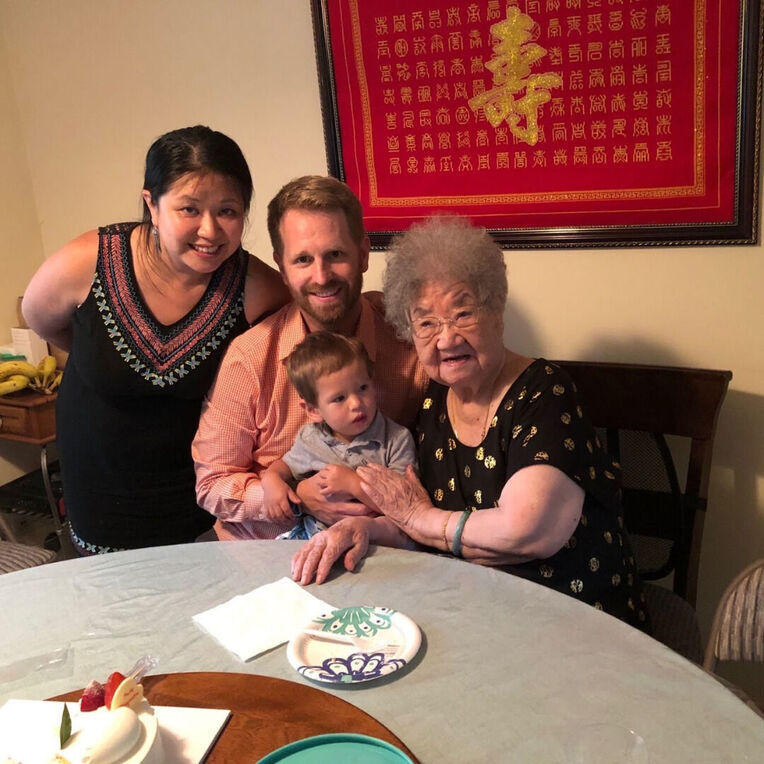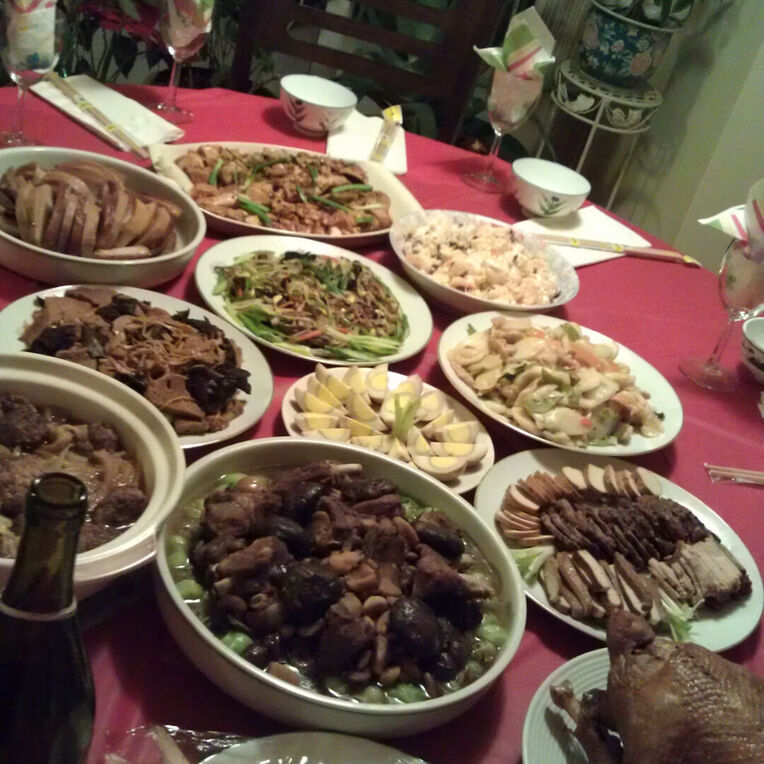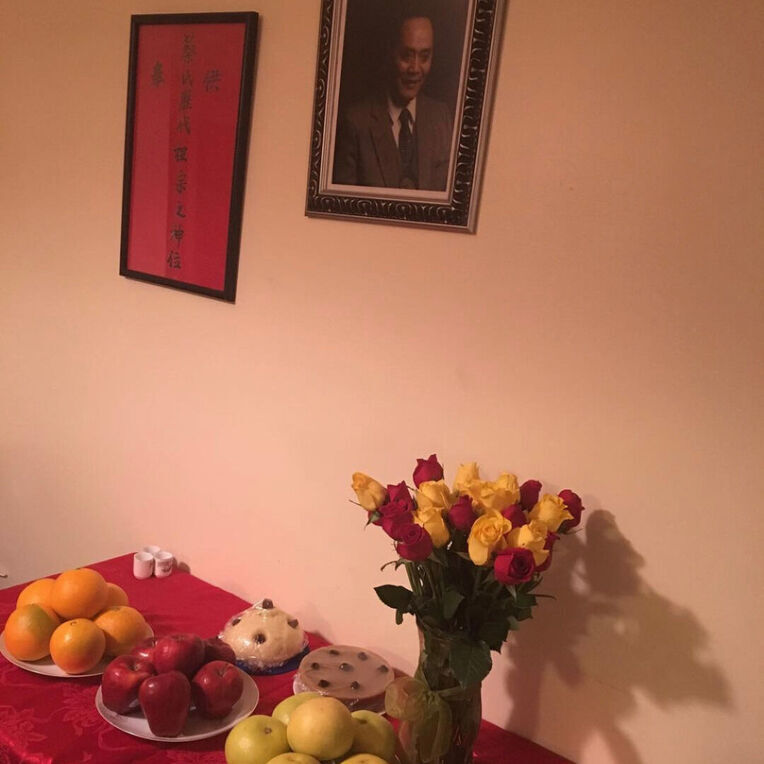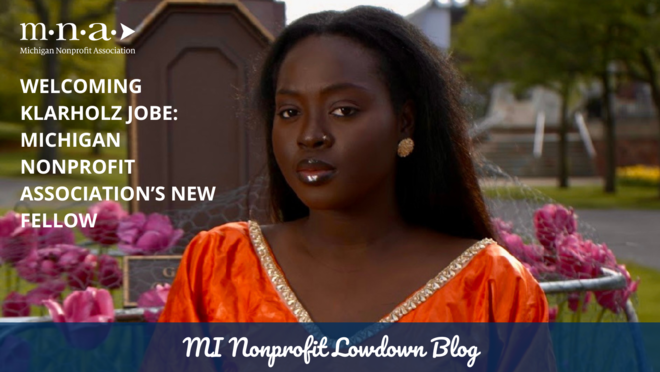Asian American, Native Hawaiian, and Pacific Islander (AANHPI) Heritage Month Prompts Reflection on Culture and Identity by MNA Staffer
- Posted On
- Category
Asian American, Native Hawaiian, and Pacific Islander (AANHPI) Heritage Month Prompts Reflection on Culture and Identity by MNA Staffer
By: Nellie Tsai, Social Innovation Officer, Michigan Nonprofit Association | May 2023
I want to start by saying that my primary identity has always been Chinese American. As the eldest daughter, and the first in my family to be born in the US, it was often my responsibility to bridge two worlds together – my Chinese heritage and my American upbringing. Raised in a multi-generational household, headed by my paternal grandparents, my family has always been my grounding force and my first introduction to the importance of community and culture.
As I raise two children in a land that is not of my ancestors, I’ve been reflecting a lot on my own childhood. I often think of my grandparents, who immigrated twice in their lifetimes, from China to Taiwan, from Taiwan to the US; and of my parents who immigrated to the US. I think about how they had to rebuild their lives time and time again, and the sacrifices they made to do so. I think about what has been lost and gained in each of these moments in our family history; what identity claims us and what identities we claim.




It was when I got older – middle or high school – that my identity became racialized for me. The casual racism that was thrown at my family, peers, and I initiated my embrace and acknowledgment of my Asian American identity and being a child of the diaspora. That there is a shared experience of how white supremacy has shaped our interactions within our community and with other racialized identities; how we all exist with and manage our minor feelings*.
In full transparency, it’s a little uncomfortable for me to write about Asian American, Native Hawaiian, and Pacific Islander (AANHPI) Month simply because of how vast this space is. There are so many different lived experiences that fall into this racialized umbrella, and we often think of this month through a lens of East Asian experiences or through the model minority myth, contributing to the erasure of so many other rich perspectives. AANHPI communities represent 50 distinct ethnic groups, speaking over 100 languages. This multi-racial coalition represents a multitude of experiences, ranging from those of us who are undocumented, those of us who are refugees, those of us who have had our land stolen and colonized, those of us who were in internment camps, to those who have been here for generations. These experiences are not flat, and we are not all East Asian (even though I am).
For me, embracing the Asian American identity is to acknowledge its activism roots and its ties to the civil rights movements in the 60s and 70s; that its origins lie with ideals of solidarity and unity within this multi-racial coalition as well as co-liberation with other racialized groups in the US. Our lives are interconnected, and our dreams of a more just future need all of us to be in community with each other. And to do so is to see each other fully and face our collective history and humanity.
To that end, I invite you this month to explore facets of Asian American history, read literature by Asian / Asian-American authors, and get to know some of the Asian American organizations here in Michigan:
- Rising Voices
- Burma Center
- Association of Chinese Americans
- APIA Vote
- Mai Family Services
- Philippine Cultural Group of Michigan, Inc.
- West Michigan Asian American Association
“Minor feelings occur when American optimism is forced upon you, which contradicts your own racialized reality, thereby creating a static of cognitive dissonance. You are told, ‘Things are so much better,’ while you think, Things are the same. You are told, ‘Asian Americans are so successful,’ while you feel like a failure.…When minor feelings are finally externalized, they are interpreted as hostile, ungrateful, jealous, depressing, and belligerent, affects ascribed to racialized behavior that whites consider out of line. Our feelings are overreactions because our lived experiences of structural inequity are not commensurate with their deluded reality.” – Cathy Park Hong, Minor Feelings: An Asian American Reckoning


